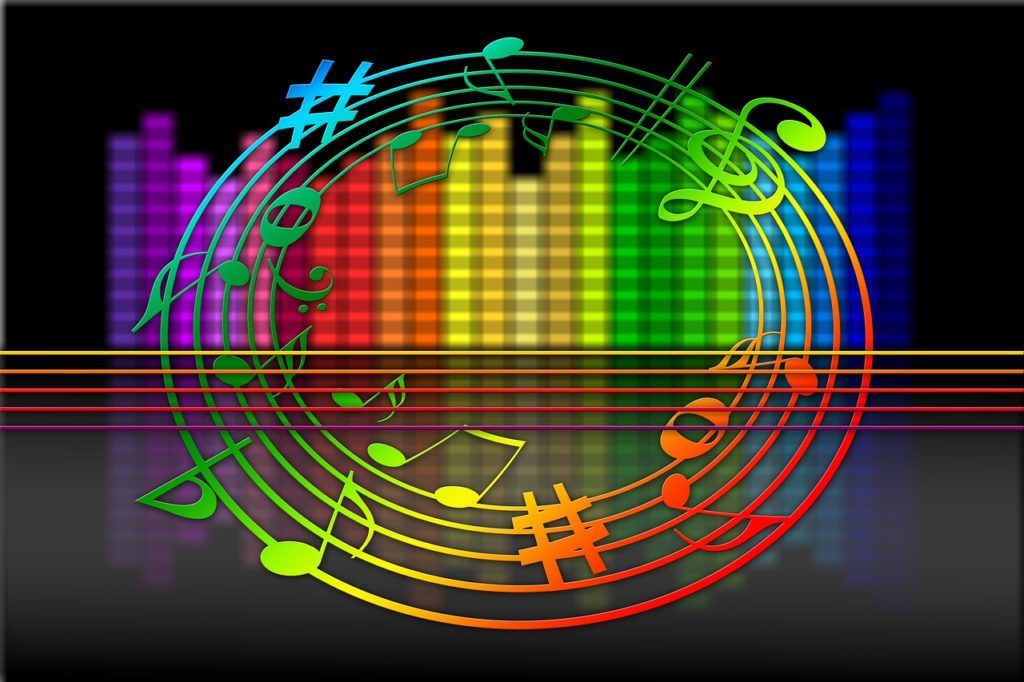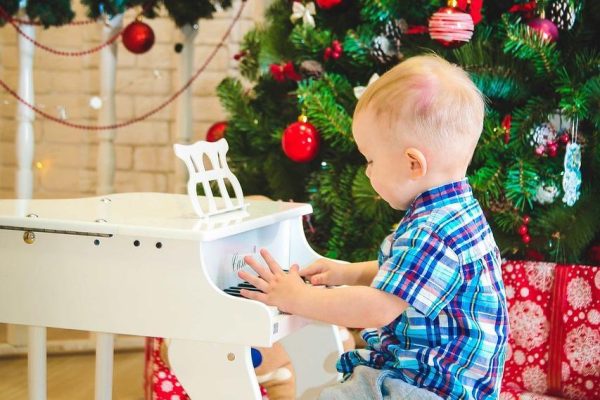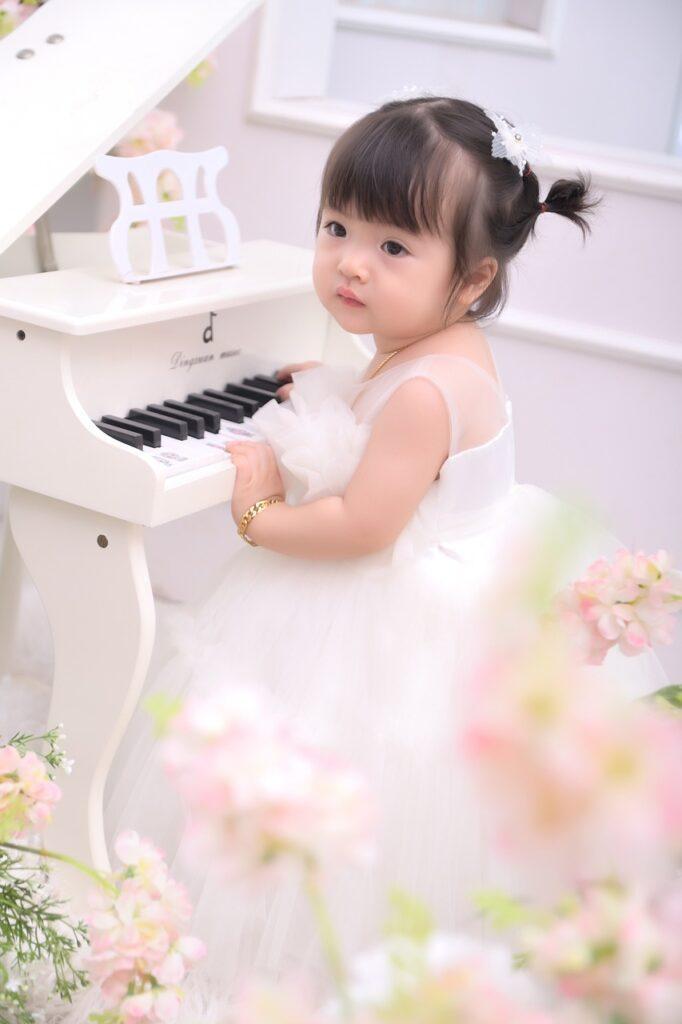Estimated reading time 2 minutes
Table of Contents
Introduction
As you may already know, Geoff (pronounced Jeff) from Success Music Studio is an expert in multisensory teaching, teaching piano to children as young as four-years-old. However, he has recently expanded to teaching three-year-olds a pre-instrumental music program that ultimately leads into piano lessons. Keep reading Best Music Program for Three-Year-Olds to learn more.
For information on the science behind color coded music:

Best Music Program for Three-Year-Olds: The Need Is Out There for This Music Program
The music program:
- Lately, Geoff has been getting a number of lesson inquiries from parents of three-year-olds as well as the parents of developmentally delayed children who aren’t ready for lessons
- The pre-instrument music program is different from traditional music lessons, incorporating lots of games and singing that are fun while still supporting music learning.
- While some of the activities are just for fun, others work on skills that will be necessary for learning piano and keyboard.
- In addition, the program has a looser structure than music lessons, making it developmentally appropriate for three-year-olds.
- For this age group, the lessons should be in-person (at 12 Linden Rd, Sudbury, MA) instead of online.

Best Music Program for Three-Year-Olds: Is My Child Ready?
Not every three-year-old will be ready for the pre-instrumental music program.
Here are some signs that your child might be ready:
- Can your child communicate well enough to understand, respond to, and follow directions?
- For example, can he follow simple directions, such as, “Place your hands here?”
- Can he count to four?
- Can he identify and name the primary and secondary colors?
- Does he know the names of his fingers? Does he know the song Where Is Thumbkin?
- Can he tell his right hand from his left hand?
- Can he sit and pay attention for five minutes at a time?
Children don’t necessarily need all these skills to start lessons. However, the more skills from the list they have, the more ready they are to start music lessons.
Final Thoughts on “Best Music Lessons for Three-Year-Olds"
Get the process started:
- If you think your three-year-old child is ready for the pre-instrumental music program, contact Geoff to start the process.
- Success Music Studio has a Two-Free-Lessons promo so you can come in and see for yourself how the lessons work – risk free.
- Also, Success Music Studio has an additional limited time offer promo.
Try the free lessons so you can find out firsthand how fun music can be for three-year-olds.
Related Posts
- Benefits Beyond the Music
- What is Multisensory Teaching in Music?
- Adapted Music Lessons Versus Music Therapy
© 2024 Geoffrey Keith
Join me for in-person or online lessons today!
Back to the News, Updates, and Milestones category blogs page
How to Create Songwriting Rhyme Schemes
Are you confused about how rhyme schemes work? Do you want to get away from using the same old rhyme scheme on every song? You’ve come to the right place! Read more to learn how to create songwriting rhyme schemes. Estimated reading time 5 minutes.
Read MoreWhat Is the Point of Different Alternate Guitar Tunings?
“What is the point of different alternate guitar tunings?” Alternate tunings change both how the instrument sounds and how it feels as you play it. They say that cloths make the man. Likewise, how the guitar gets tuned can make the guitarist. Read more to find out some of the advantages of alternate tunings. Estimated reading time 3 minutes.
Read MoreWhat is a Parallel Mode and How Does it Work?
“What is a parallel mode and how does it work? And how does a parallel mode differ from a relative mode?” Many musicians find the concept of modes confusing. I can help! Click to answer the question, “What is a parallel mode and how does it work?” Estimated reading time 3 minutes.
Read MoreSinging in Tune with Vowels
Want to have better vocal tone? Want to sing in tune? Singing is all about the vowels. Vowels have a central role in singing, because the vowels impact your tone. Also, they impact how you tune when you harmonize. This happens when sound passes through the formants - the resonant folds in the vocal tract. The formants filter your voice’s harmonic overtones, which influences your harmonic intonation. Read more to learn about singing in tune with vowels. Estimated reading time 6 minutes.
Read More




